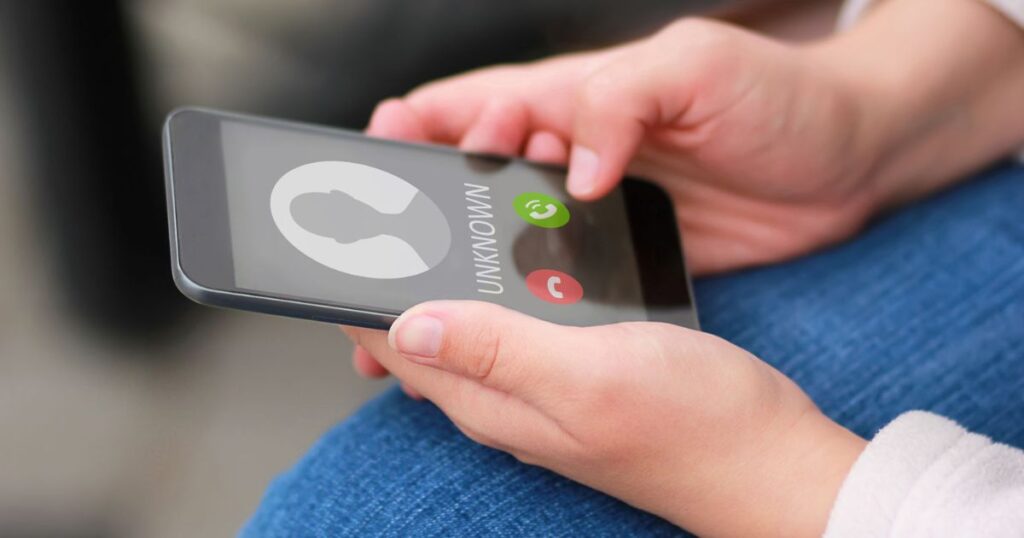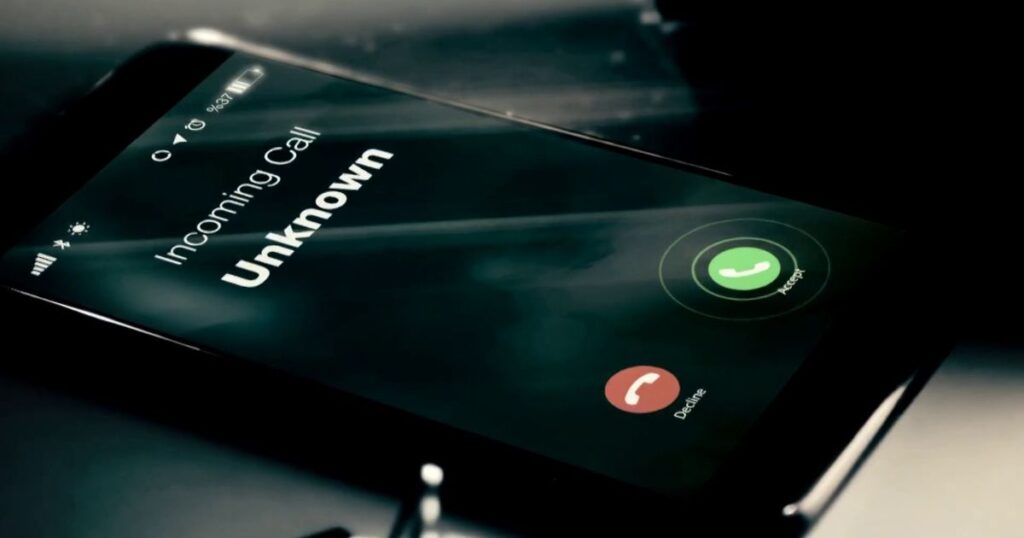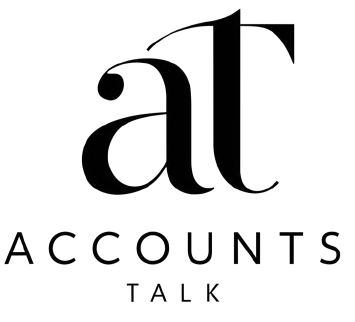In today’s digital age, the menace of scam calls has reached epidemic proportions, leaving many Americans vulnerable to fraud and potential financial loss.
One number that’s been making waves in this sea of deception is 1-346-230-1697. This comprehensive guide will arm you with the knowledge and tools to protect yourself from this number and others like it, ensuring your sensitive information stays right where it belongs – with you.
The Scammer’s Playbook: Understanding Their Tactics
Let’s dive into the murky world of phone scams. Scam tactics have evolved far beyond the Nigerian prince asking for your bank details. Today’s scammers are crafty, using sophisticated techniques to trick even the savviest of us. They often use caller ID spoofing to make their calls appear legitimate, sometimes even mimicking local numbers to increase the chances you’ll pick up.
The 1-346-230-1697 number is just one example of how scammers operate. They might pose as your bank, the IRS, or a tech company offering support. Their goal? To create a sense of urgency or use fear tactics to cloud your judgment and get you to act without thinking.
Scammers are masters of social engineering, exploiting human psychology to their advantage. They know that fear, greed, and a desire to help others can override our rational thinking. By playing on these emotions, they can manipulate even the most cautious individuals into making rash decisions.
Table: Common Scammer Personas
| Persona | Tactic |
| IRS Agent | Threatens legal action for unpaid taxes |
| Bank Representative | Claims your account has been compromised |
| Tech Support | Offers to fix nonexistent computer issues |
| Lottery Official | Promises a big win if you pay processing fees |
| Charity Worker | Solicits donations for fake causes |
| Government Official | Warns about problems with your Social Security number |
Red Flags Waving: Spotting a Scam Call

When it comes to identifying scam calls, knowledge is power. Let’s explore some telltale signs that the voice on the other end of 1-346-230-1697 (or any number) might be up to no good.
First and foremost, legitimate organizations will never ask for personal information like credit card numbers or Social Security numbers over the phone. If you hear this request, alarm bells should start ringing louder than a fire truck siren.
Another red flag is the use of high-pressure tactics. Scammers love to create a false sense of urgency, pushing you to act now or face dire consequences. Remember, real companies don’t operate this way. They understand that important decisions take time and consideration.
Lastly, be wary of unsolicited calls, especially from unfamiliar numbers like 1-346-230-1697. While not all unknown calls are scams, it’s best to approach them with caution. If it’s important, they’ll leave a message.
But these aren’t the only signs to watch for. Scammers often use emotional manipulation, trying to excite you with promises of windfalls or scare you with threats of legal action.
They might also provide vague or inconsistent information when questioned, or pressure you to keep the conversation a secret from friends and family.
Real-Life Scam Stories: Learning from Others’ Close Calls
Let’s take a moment to look at some real-life examples of scam tactics. These stories illustrate just how convincing these fraudsters can be.
Take Sarah from Ohio. She received a call from a number similar to 1-346-230-1697, claiming to be the IRS. The caller said she owed thousands in back taxes and would be arrested if she didn’t pay immediately. Panicked, Sarah nearly fell for it until she remembered the IRS always initiates contact by mail.
Then there’s Mike from California. A caller posing as tech support for his computer’s antivirus software claimed his system was compromised. The scammer gained remote access to Mike’s computer, nearly stealing vital information before Mike realized it was a scam and disconnected.
But it’s not just individuals who fall victim to these scams. Small businesses are often targeted too. John, a small business owner in Texas, received a call from someone claiming to be from his electric company.
The scammer threatened to cut off power to John’s business unless he made an immediate payment for supposedly overdue bills. Fortunately, John had the presence of mind to hang up and call his electric company directly, discovering the call was a scam.
These stories highlight the importance of staying vigilant and knowing the signs of a scam call. Remember, if something feels off, trust your gut.
Your Anti-Scam Toolkit: Protecting Yourself from 1-346-230-1697 and Beyond

Now that we understand the threat, let’s build your arsenal against scammers. First up: call screening. Most smartphones have built-in features to block numbers like 1-346-230-1697. Take advantage of these!
Next, consider downloading call screening apps like Truecaller, RoboKiller, or Hiya. These third-party apps can identify and block known scam numbers before they even reach you.
Don’t forget about the National Do Not Call Registry. While it won’t stop all unwanted calls, it can significantly reduce telemarketing calls. Visit donotcall.gov to register your number.
Lastly, educate yourself and stay informed about the latest scam trends. Knowledge is your best defense against these digital tricksters.
But your toolkit shouldn’t stop there. Consider implementing a “no personal info over the phone” policy for yourself and your family. If someone calls asking for sensitive information, inform them you’ll call back using the official number on their website or your account statement.
Another powerful tool is simply taking your time. Scammers rely on rushing you into decisions. By pausing, taking a deep breath, and telling the caller you need time to think or discuss with family, you’re already disrupting their script.
Anatomy of a Scam Call: Dissecting the Deception
Understanding the structure of a scam call can help you spot one a mile away. It typically follows a three-act play:
Act 1 – The Hook: The scammer introduces themselves, often impersonating a reputable organization. They might mention urgent issues with your account or a potential reward to pique your interest.
Act 2 – The Pressure: This is where they amp up the urgency. They might threaten legal action or claim your bank accounts are at risk. The goal is to keep you off-balance and prevent clear thinking.
Act 3 – The Ask: Finally, they go for the gold, requesting sensitive data like your Social Security number or credit card details. They might also ask for immediate payment, often through unconventional methods like gift cards.
Knowing this pattern can help you recognize a scam call, even if it’s from an unfamiliar number like 1-346-230-1697.
But there’s more to it. Scammers often use psychological tactics throughout their calls. They might use your name to create a false sense of familiarity, or pepper their speech with technical jargon to sound more authoritative.
Some even go as far as to create background noise mimicking a busy call center to seem more legitimate.
Scam Call Bingo: Key Indicators to Watch For
Let’s play a game of Scam Call Bingo! Here are some phrases and tactics to listen for:
- “We’ve been trying to reach you about your car’s extended warranty.”
- “Your Social Security number has been suspended.”
- “You’ve won a free cruise! Just pay the processing fee.”
- Pressure to act immediately
- Requests for payment via gift cards or wire transfer
- Threats of arrest or legal action
If you hear any of these, chances are you’ve got a scammer on the line. Hang up and report the number to the FTC (Federal Trade Commission) or FCC (Federal Communications Commission).
But the game doesn’t stop there. Watch out for callers who claim to be from government agencies you’ve never heard of, or who use overly formal language like “kindly” or “dear sir/madam.”
Be skeptical of callers who seem to know a lot about you – scammers often use publicly available information to seem more credible.
Remember, legitimate callers won’t mind if you hang up and call back on an official number. If the caller gets angry or more insistent when you express doubt, that’s a major red flag.
Oops, I Did It: Steps to Take If You’ve Been Scammed
If you’ve fallen victim to a scam call, don’t panic. There are steps you can take to mitigate the damage:
- Contact your bank or credit card company immediately if you’ve shared financial information.
- Change passwords for any compromised accounts.
- Place a fraud alert on your credit reports.
- Report the scam to the FTC at ftc.gov/complaint.
- Consider identity theft protection services for ongoing monitoring.
Remember, scammers are professionals at manipulation. If you’ve been scammed, you’re not alone, and it’s not your fault.
It’s also crucial to document everything. Write down what happened while it’s fresh in your mind, including the phone number, the name the scammer used, and what information you shared. This can be invaluable if you need to file a police report or work with your bank to recover funds.
Don’t forget to warn your friends and family. Scammers often target multiple people in the same social circle, hoping that if one person falls for it, others will too.
Scams: Not Your Grandma’s Phone Problem Anymore

The landscape of phone scams is ever-evolving. While older adults are often targeted, scammers are equal opportunity criminals. They’re constantly adapting their techniques to stay one step ahead of consumer protection measures.
Numbers like 1-346-230-1697 are just the tip of the iceberg. Scammers now use sophisticated robocall technology, making it easier than ever to reach potential victims en masse. They’re also leveraging social media and public records to make their stories more convincing.
Staying informed about these evolving tactics is crucial. Follow reputable sources like the FTC’s consumer protection blog to keep up with the latest scam trends.
But it’s not all doom and gloom. As scammers evolve, so do our defenses. Phone companies are implementing new technologies to detect and block suspicious calls. Artificial intelligence is being used to identify potential scams based on call patterns and content. And increased public awareness is making it harder for scammers to find easy targets.
Legal Eagles: When to Seek Professional Help
While most scam attempts can be handled on your own, there are times when legal help might be necessary. If you’ve suffered significant financial losses or if your identity has been stolen, consulting with a lawyer who specializes in fraud cases can be beneficial.
A legal professional can guide you through the process of recovering lost funds and repairing your credit. They can also advise on potential legal action against the scammers, though this can be challenging due to the often anonymous nature of these crimes.
In some cases, a lawyer can help you navigate the complexities of dealing with credit bureaus, debt collectors, or even law enforcement if criminal charges are involved. They can also provide valuable advice on how to protect yourself from future scams and what steps to take if you’re repeatedly targeted.
Remember, many lawyers offer free initial consultations, so don’t let concerns about cost prevent you from seeking advice if you think you might need it.
FAQs
Q: What is the spam protection phone number?
There isn’t a single “spam protection” number. Instead, use your phone’s built-in blocking features or third-party apps for protection.
Q: What is the scam protection phone number?
Similar to spam protection, there’s no universal scam protection number. Report scams to the FTC at 1-877-FTC-HELP.
Q: How do you know if a number is scammed?
Research the number online, use reverse phone lookup services, or check community forums. Apps like Truecaller can also help identify known scam numbers.
Q: Is 1-346-230-1697 always a scam call?
While this number has been reported for scam activity, it’s possible for scammers to spoof legitimate numbers. Always be cautious with unfamiliar callers.
Q: Can scammers use my number to make calls?
Yes, through a technique called spoofing. If people report your number for scam calls you didn’t make, contact your phone provider for assistance.
Q: What should I do if I’ve already given information to a scammer?
Act quickly. Contact your bank, change passwords, place a fraud alert on your credit reports, and report the scam to the FTC.
Q: Are there any legitimate reasons why a company might ask for personal information over the phone?
While rare, there might be situations where a company needs to verify your identity. However, if you’re unsure, hang up and call the company back using a number you know is legitimate.
Conclusion: Empowered, Not Paranoid
As we wrap up our deep dive into the world of phone scams, remember: knowledge is power. By understanding the tactics behind numbers like 1-346-230-1697 and knowing how to protect yourself, you’re already miles ahead of the scammers.
Stay vigilant, trust your instincts, and don’t be afraid to hang up on suspicious calls. Remember, legitimate organizations won’t mind if you call them back using a number you trust.
In this digital age, a healthy dose of skepticism is your best friend. But don’t let fear of scams prevent you from enjoying the benefits of our connected world. With the tools and knowledge from this guide, you’re well-equipped to navigate the sometimes murky waters of phone communication.
The key is to find a balance. Be cautious, but not paranoid. Be informed, but not overwhelmed. And most importantly, share what you’ve learned with others. The more people who are aware of these scams and how to spot them, the harder it becomes for scammers to succeed.
Remember, scammers prey on isolation and secrecy. By fostering open conversations about scams and sharing experiences, we create a community defense against these digital predators. Whether it’s checking in with elderly relatives who might be vulnerable to scams, or setting up a neighborhood watch group to alert each other about local scam attempts, collective action can make a big difference.
As technology evolves, so will scammers’ tactics. But by staying informed, using the tools available to us, and looking out for one another, we can stay one step ahead. The power to stop scams doesn’t just lie with law enforcement or tech companies – it lies with each of us, in every call we choose to answer or ignore, in every piece of information we choose to share or withhold.
So the next time your phone rings and you see an unfamiliar number like 1-346-230-1697, take a deep breath. Remember what you’ve learned. And know that you have the power to protect yourself and your loved ones from scammers.
Stay safe out there, and may all your calls be scam-free!
Click Here For More Blog’s:

My work is dedicated to helping individuals navigate the financial world with confidence and achieve their financial goals. Follow me for practical tips and advice on all things finance.

